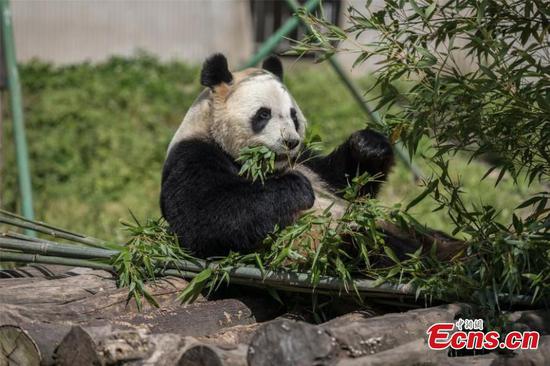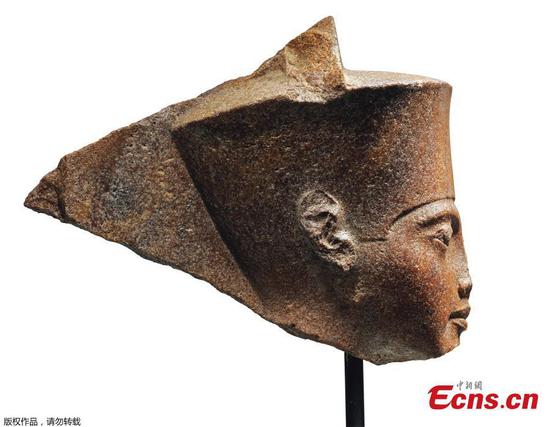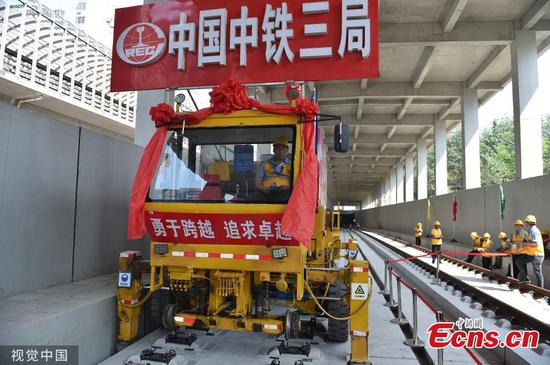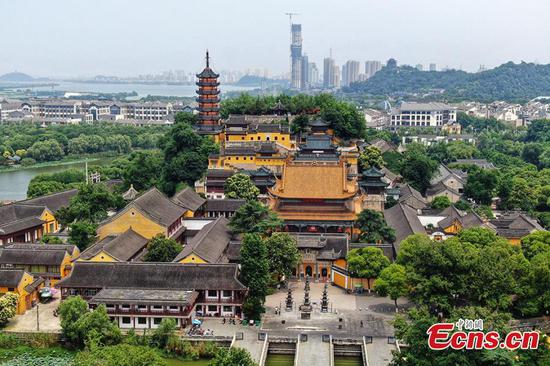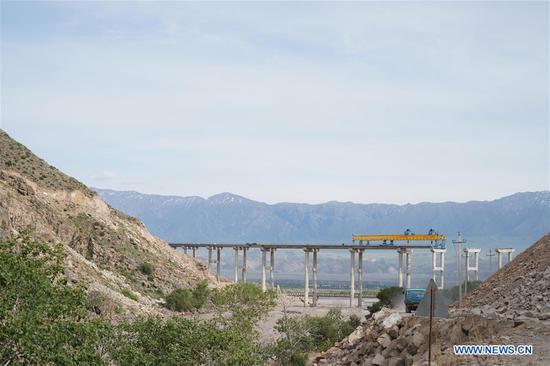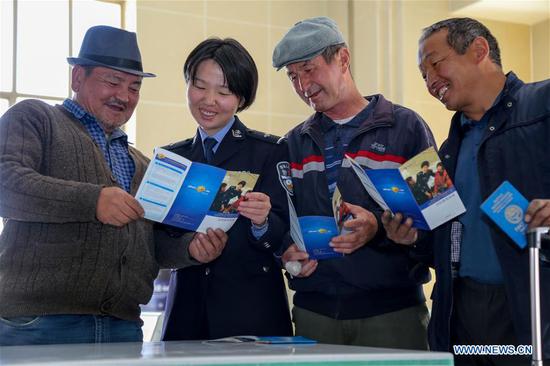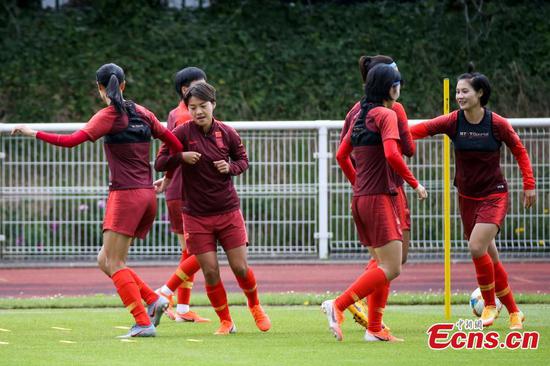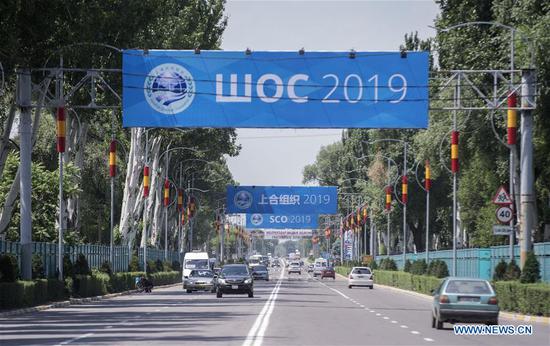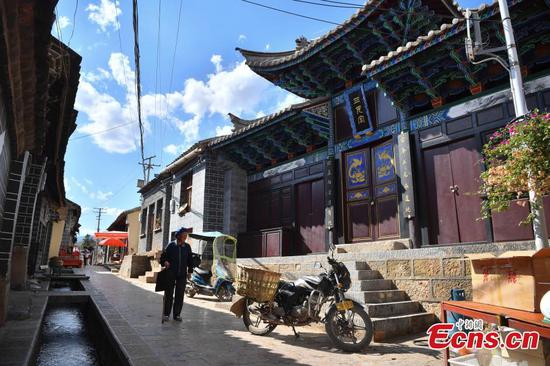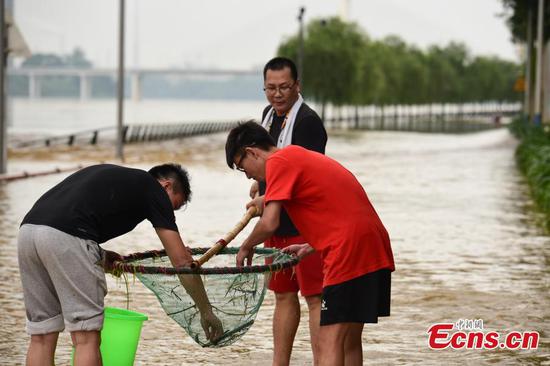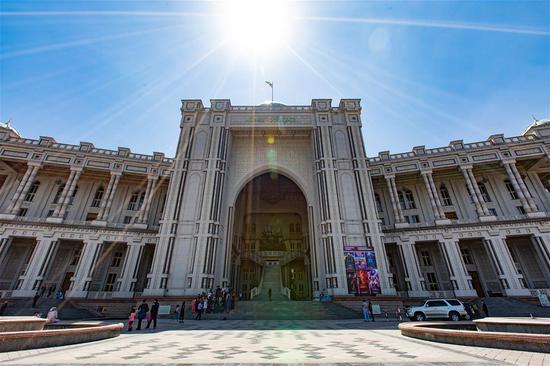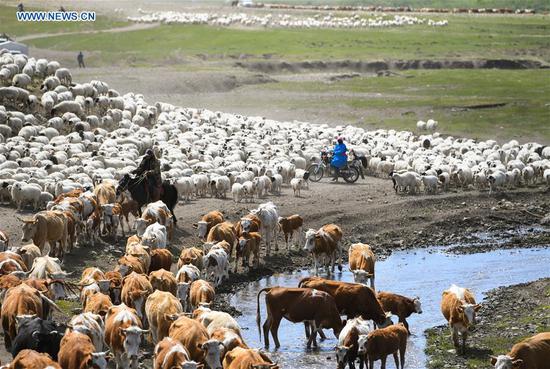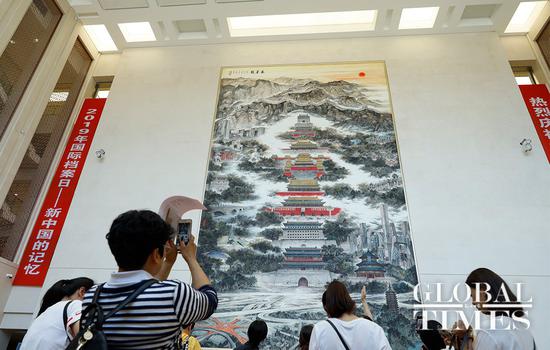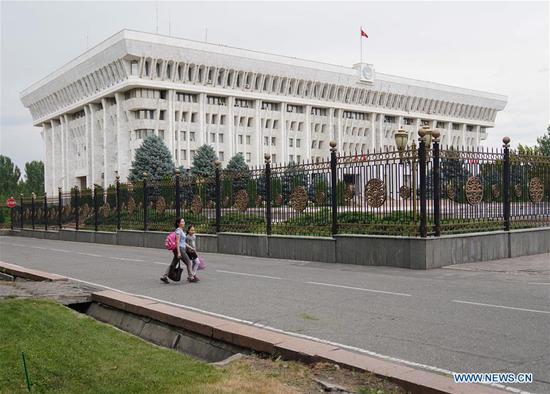Measures may be taken in coming weeks to counter downside risks
Moderate inflation and the global dovish monetary environment may provide more room for the Chinese authorities to adjust money and credit supplies as a tool to counter downside risks if trade tension escalates, said economists.
Stronger counter-cyclical measures are expected in the coming weeks, including possible adjustments of interest rates or the reserve requirement ratio, to maintain ample liquidity in the financial market and support infrastructure investment, according to some economists after they viewed the new financing data released on Wednesday.
Growth of broad money supply (M2) and new RMB loans in May was slightly slower than expected. M2 increased by 8.5 percent by the end of May, unchanged from that in April and weaker than the market-expected 8.6 percent, the central bank reported on Wednesday.
The data also indicated that newly issued RMB loans stood at 1.18 trillion yuan ($170.6 billion) last month, compared with 1.02 trillion yuan in April, which was also less than the 1.3 trillion yuan the market expected. Total social financing increased by 1.4 trillion yuan, 50 billion yuan weaker than the forecast level.
Hours before the release of the financial data, the National Bureau of Statistics announced a slight increase in consumer inflation in May, along with the soft growth of factory-gate prices. "The moderate inflation level will provide room for monetary policy," said Shen Jianguang, chief economist at JD Digits, a Chinese fintech group.
Goldman Sachs economists expected a further cut in the reserve requirement ratio by 0.5 percentage point, as a tool to offset the negative impact of escalating trade disputes.
Further adjustment of interest rates is also likely, People's Bank of China Governor Yi Gang said in a recent interview.
Li Zhennan, an economist from Goldman Sachs (Asia), said that three major factors will affect China's policy stimulus in the coming months: inflation pressure, financing sources, and the role of local governments.
Monetary policy should stay accommodative to ensure the credit supply can grow at a reasonable pace, meeting the financing needs for infrastructure investment, mitigating the crowding-out effect for private investment and maximizing the growth impact of fiscal stimulus, said Li.
Financial institutions may face tight liquidity in June, as a certain high credit growth rate is required by the authorities to maintain economic growth and the government plans to issue more bonds to finance infrastructure projects, said experts.
On Wednesday, the People's Bank of China re-started the 28-day reverse repo after five months, aiming to stabilize market sentiment and ease liquidity stress. The central bank also provided liquidity in the interbank market this week to ease the risks faced by small and medium-sized banks, such as Jinzhou Bank.
Global financial chiefs were preparing for worse scenarios when they thought trade tensions were threatening economic growth, according to a communique of the G20 Finance Ministers and Central Bank Governors Meeting which ended on Sunday.
Recent statements by the U.S. central bank have shown dovish signals, hinting at a possible policy rate cut given the priority to support economic expansion. Economists also forecast that the European Central Bank is likely to deliver stronger dovish policy signals, if the eurozone shows more signs of weakness.
Economists said that a loose monetary condition globally could encourage the Chinese central bank to carry out further steps on easing.
A combination of rising concerns on recession risks and lower-than-expected inflation have depressed bond yields.
"The combination of a flat yield curve, lower real yields and lower break-even rates indicates that the market is concerned about a future growth slowdown or the higher odds of recession," said Wang Shengzu, co-head of Investment Strategy Group Asia, Goldman Sachs.









